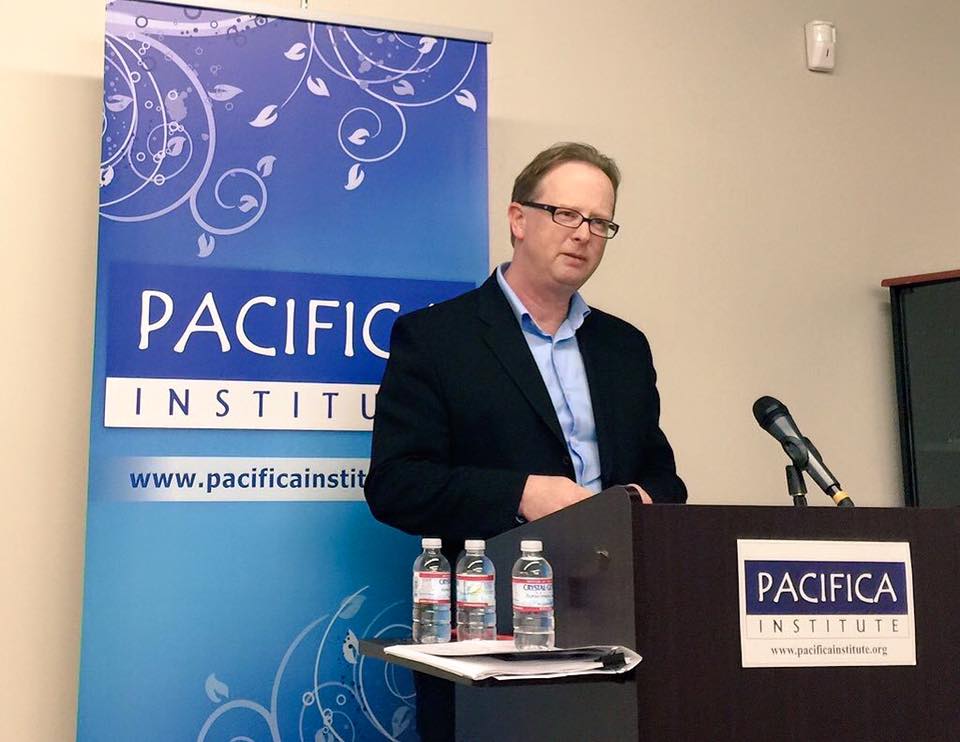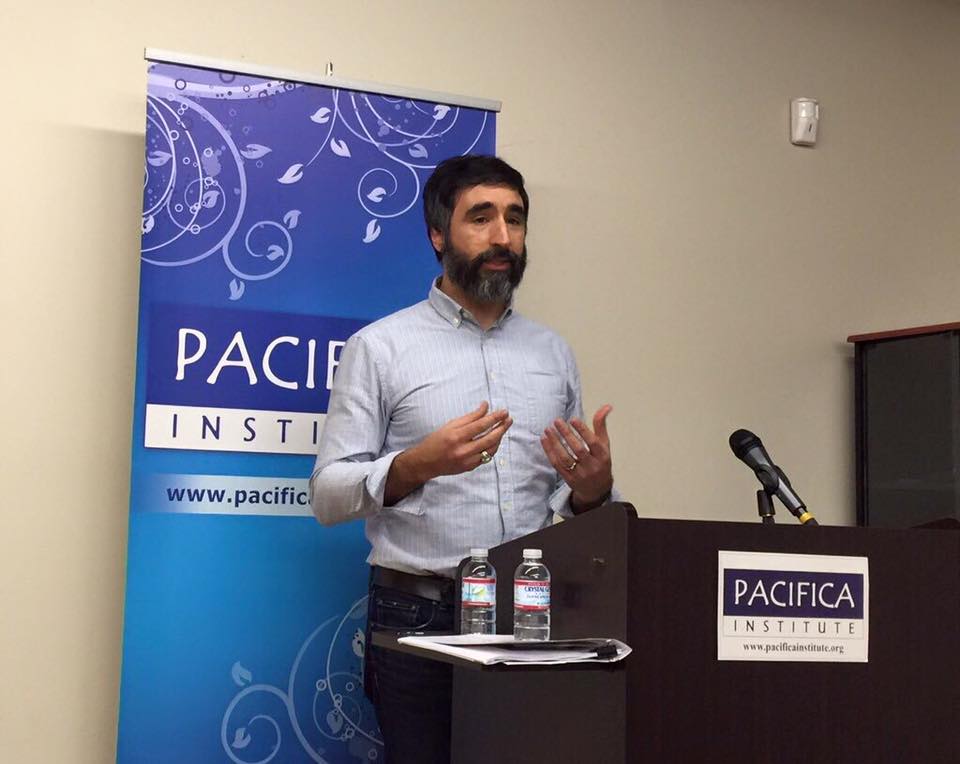The Pacifica Institute, Seattle organized a live conversation on Christian/Muslim response to refugees and immigration. The participating speakers, Dr Michael Trice, Assistant Dean for Ecumenical and Interreligious Dialogue at the Seattle University School of Theology and Ministry, and Dr. Michael Vicente Perez, Lecturer in Cultural Anthropology at the University of Washington, shared their experiences and thoughts about the latest developments particularly on the Syrian refugee crisis and Christian / Muslim response to immigration and refugees.
Dr. Trice started the conversation with thoughts on religion, violence and generosity. He mentioned that in different conversation groups he joined, the audience usually agree that religion is not a problem in the world or religion does not have any kind of major impact on the violence we see in the world. He mentioned that he wholeheartedly disagrees with that sentiment because as far as religion is used as a weapon to distance us, as a means of deconstructing other human beings, it has a tremendous impact in terms of how we shape our understanding of a human being in front of us. When religion is abused it creates problems, he argued. On the other hand, religion in society can also be a tremendous solution when it is practiced effectively to solve the problems we are facing. Another comment he made was on generosity. Generosity should be a part of us, we should internalize it and we should not see it as an ethical choice that God calls for, said Trice.
Dr. Perez started his talk with a historical narrative by stating that migration and displacement have been a part of Muslim experience from the early periods of Islam. The prophet himself and the early Muslims faced economic boycott and oppression to a degree that small groups of early Muslims migrated to Abyssinia, what is now Ethiopia. The Christian king of the time allowed Muslims into his kingdom and provided safety and protection. Prophet himself had to migrate to Medina due to oppression. He noted that immigration is also a part of scripture as, in Quran, it is mentioned that anyone facing oppression must migrate. Accepting undue harm to you and your family is regarded as a sin, he said.
Dr Perez then went on to giving some statistics about the refugee crisis: 4.5 to 5 million refugees are fully displaced outside of Syria and 5.5 to 6 million have been displaced within Syria. Most of the refugees have gone to the neighboring countries including Turkey, Lebanon, Egypt, Jordan. We need to realize the fact that the refugees will not be able to return to their homes because Syria, Iraq as we know them are gone, said Perez.
Dr. Perez also mentioned that the communication lines are broken with especially the refugee children because of what they had to go through. There are many political and social problems that the refugees are facing currently and countries are forgetting the refugee rights established decades ago.
He emphasized that the refugee problem is not temporary and it will not be resolved if we do not take responsibility. It is important to establish our relationship to those who flee and want to take refuge.


